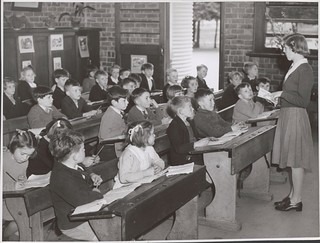Could we be guilty of using elements of maths on a daily basis without even realising it?
I can openly hold my hands up and admit to this, as I was using a form of mathematics every day for three years in my last area of study, this being dance. When choreographing to music I was using a system called the ‘base 8 system’. But what does this mean in simpler terms?
In our everyday number system, we use the ‘base 10 system’ or it can also be called the decimal system.
Why do we use base 10? is it because we have 10 fingers?
One hypothesis is that of George ifrah, a French author and historian of mathematics, his findings show that the base 10 system has traces from the central African language; ” ‘five’ and ‘ten’ are respectively moro and mbouna. Moro is actually the word for ‘hand’ and mbouna is a contraction of moro (‘five’) and bouna, meaning ‘two’ (thus ‘ten’ = two hands)”. (Ifrah, 2000; 21-22) He was a firm believer in ‘finger counting’ playing a powerful role in the influence of the base ten system.
So why do some teachers shy away from the pedagogical style of finger counting?!
In my last area of study, I was using the Base 8 system due to the time signature of the music I was continuously using. Which understandably had eight beats to a bar, which meant that I was able to choreograph a certain move to each beat of the song to ensure I was keeping in sync and keeping the rhythm. When I would reach the end of the first count of eight I would start again and it would be recorded as the second count of eight and so forth. Having this sound knowledge of the base 8 system (or in other words counting to eight repeatedly!) I was able to choreograph and perform with support and confidence.
The ‘Base 8 system’ helped form the format of my dance routines when teaching, as you can see in the example above. Some of the counts were ‘half time’ which just means that the move is performed at double the speed.
I am now over half way through the Discovering Mathematics module and it is apparent there is definitely a lack of knowledge in today’s society as to the extent and impact that maths has on our everyday lives.We have to ask the question what can we do as future educators to bring this awareness and understanding to our classrooms and pupils.
Ifrah, G (2000). The Universal History of Numbers: from Prehistory to the invention of computers. :Wiley. 21-22.



